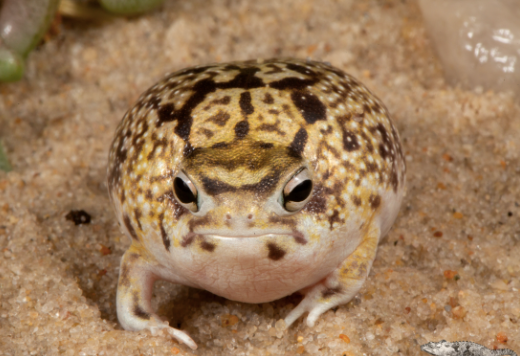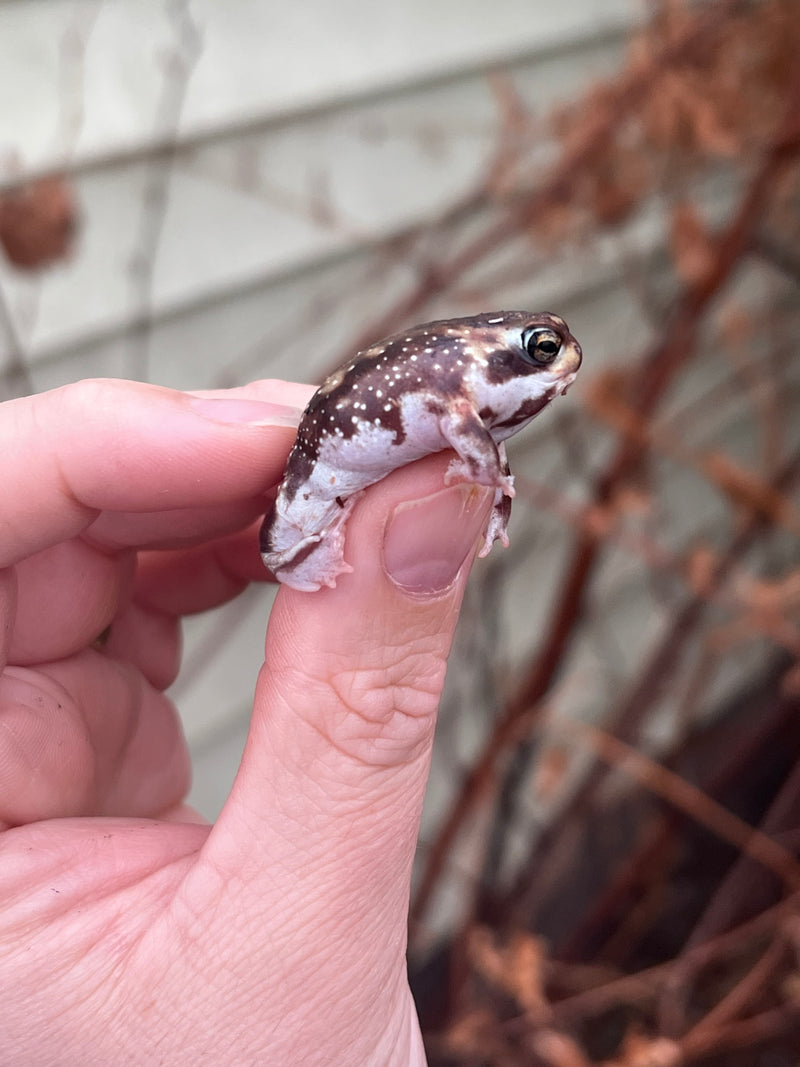Rain Frog for Sale: Raise Your Collection with Rare and Exotic Amphibians!
Rain Frog for Sale: Raise Your Collection with Rare and Exotic Amphibians!
Blog Article
Common Wellness Issues in Reptiles: Signs and Solutions
In the detailed globe of reptile treatment, understanding the usual wellness issues that might impact these unique creatures is critical in ensuring their health. Whether it's grappling with parasitic problems, navigating dehydration problems, or resolving skin disorders that materialize in refined means, being attuned to the signs and geared up with the understanding of reliable services is necessary for any reptile owner.
Breathing Infections
Respiratory system infections in reptiles can substantially affect their general wellness and require prompt interest from seasoned veterinarians. These infections are typically brought on by microorganisms, fungi, or viruses and can manifest through signs such as wheezing, nasal discharge, open-mouth breathing, and sleepiness. In reptiles, breathing infections can be particularly challenging to identify and treat as a result of their one-of-a-kind makeup and physiology. Vets typically depend on a mix of health examinations, diagnostic imaging, and laboratory examinations to properly determine the underlying root cause of the infection.
Therapy for respiratory system infections in reptiles normally entails a mix of helpful treatment, such as preserving proper moisture degrees and temperature gradients in the room, in addition to targeted medicine to attend to the certain virus responsible for the infection. It is crucial for reptile proprietors to monitor their pets carefully for any kind of indications of breathing distress and seek veterinary care at the earliest indicator of a concern. With timely intervention and suitable treatment, lots of reptiles can recover totally from respiratory infections and return to normal activities.

Metabolic Bone Disease
What elements add to the advancement of Metabolic Bone Illness in reptiles?
Metabolic Bone Disease (MBD) in reptiles is largely caused by a lack of proper calcium, phosphorus, and vitamin D3 degrees in their diet plan. When reptiles do not get ample calcium, either through their food or correct UVB direct exposure for vitamin D3 synthesis, they go to a high threat of establishing MBD. Reptiles with diets reduced in calcium or unbalanced calcium to phosphorus proportions are particularly at risk. Additionally, insufficient direct exposure to UVB light avoids reptiles from synthesizing vitamin D3, which is essential for calcium absorption and bone wellness.
Other adding variables to MBD consist of improper temperature gradients within the reptile's environment, resulting in decreased metabolism and impaired calcium absorption. Inadequate moisture levels can likewise impact a reptile's capability to metabolize calcium efficiently. Particular reptile types have certain nutritional demands that, if not satisfied, can raise the possibility of creating MBD. Normal vet examinations, proper husbandry techniques, and a well balanced diet are vital to protect against Metabolic Bone Disease in reptiles.
Parasitical Invasions
Parasitic infestations present a considerable health danger to reptiles, affecting their overall wellness and requiring prompt veterinary focus. Reptiles can be affected by numerous parasites, including mites, ticks, interior worms, and protozoa. These parasites can trigger a variety of signs, such as weight-loss, sleepiness, skin irritation, looseness of the bowels, and also death if left without treatment.
One usual bloodsucker located in reptiles is the mite, which can cause skin anemia, stress and anxiety, and irritability. Ticks are one more external bloodsucker that can trigger and transfer illness discomfort to the reptile. Inner parasites like worms and protozoa can lead to digestion issues, malnutrition, and damage the reptile's body immune system.
To identify a parasitic invasion, a veterinarian might execute fecal tests, skin scrapings, or blood tests. Treatment commonly entails deworming medications, antiparasitic baths, or in extreme cases, a hospital stay. Preventative steps such as regular veterinary exams, proper health, and quarantine treatments for new reptiles can assist decrease the risk of parasitic problems and make sure the wellness of reptile family pets.
Dehydration and Hydration Issues
Dehydration in reptiles can significantly affect their wellness and health, requiring timely treatment and appropriate hydration management. Reptiles are prone to dehydration as a result of different factors such as inadequate water consumption, high ecological temperature levels, and specific health and wellness conditions. Symptoms of dehydration in reptiles consist of sunken eyes, sleepiness, loss of skin flexibility, and minimized peeing. If left untreated, dehydration can cause serious wellness issues and even be deadly to the reptile.
To avoid dehydration, reptile owners ought to make certain that their pet dogs have access to clean water in all times. The water recipe ought to be large sufficient for the reptile to saturate in if needed, particularly for species that absorb water via their skin. In addition, preserving appropriate moisture levels in the reptile's unit and supplying normal bathrooms can aid protect against dehydration.
In instances of dehydration, it is vital to look for vet treatment quickly. A veterinarian might administer fluids either orally or with injections to rehydrate the reptile. It is vital to resolve the underlying reason of dehydration to prevent reoccurrence and ensure the reptile's total well-being.
Skin Conditions

Final Thought

Breathing infections in reptiles can dramatically influence their total health and need timely focus from knowledgeable vets (rain frog for sale). Preventative measures such as regular best site veterinary check-ups, proper hygiene, and quarantine treatments for brand-new reptiles can assist minimize the danger of parasitic infestations and make sure the wellness of reptile pets
If left without treatment, dehydration can lead to severe health problems and you could try this out also be fatal to the reptile.
Consistently examining your reptile for any kind of modifications in skin color, structure, or look can help in very early detection and treatment of skin ailments, promoting the overall health and well-being of your scaly buddy. - rain frog for sale
In conclusion, reptiles are susceptible to various health problems such as respiratory system infections, metabolic bone disease, parasitic invasions, dehydration, and skin disorders.
Report this page